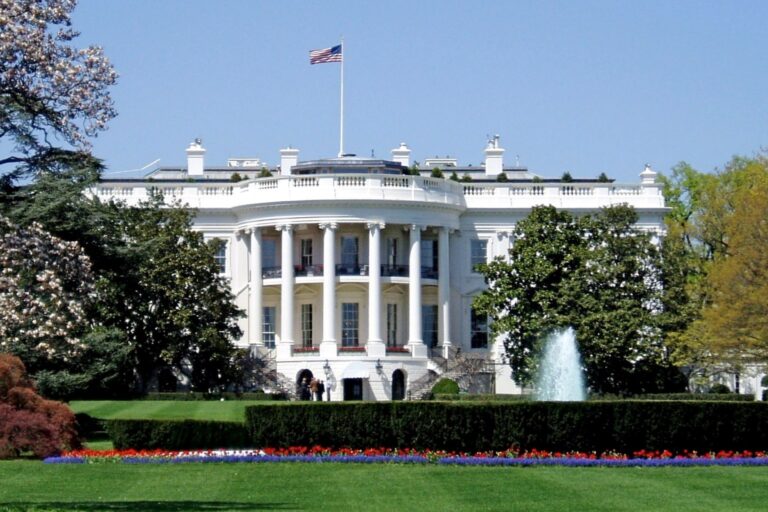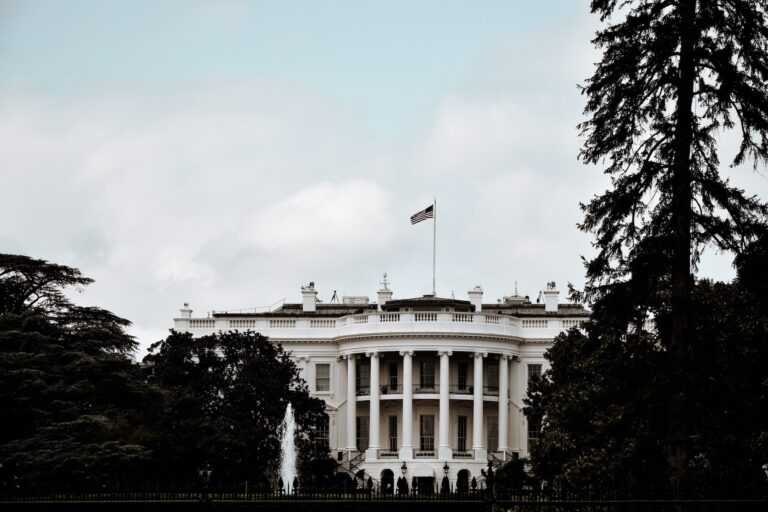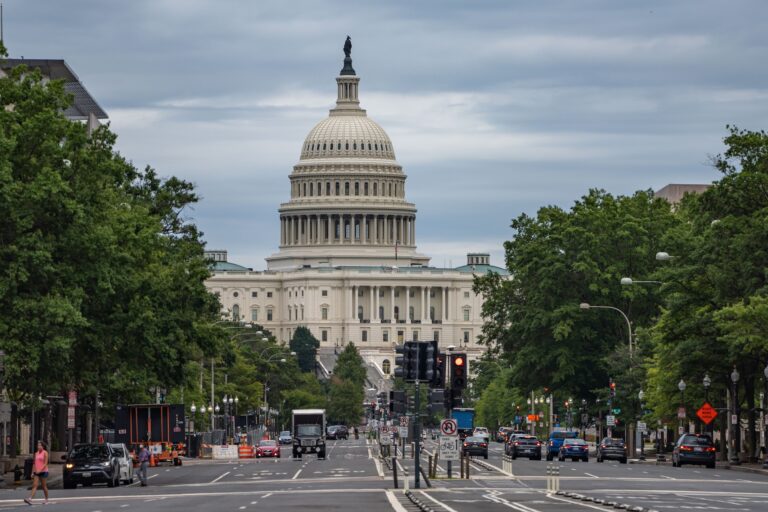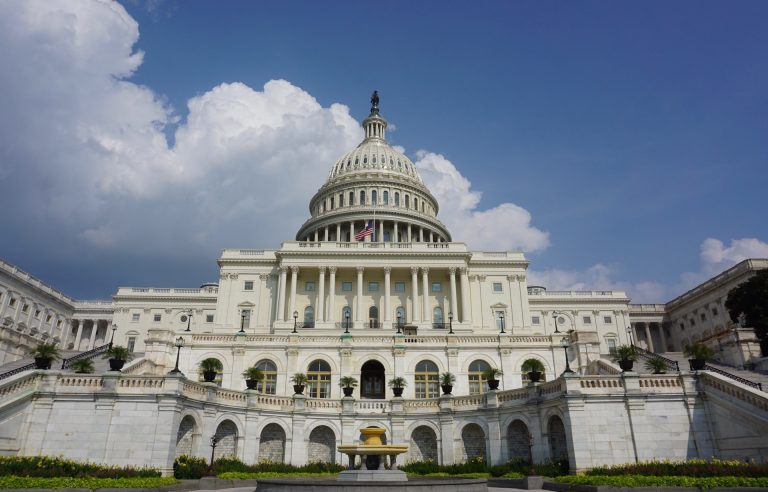
Category North America


Will Biden’s New Truman Doctrine Offset the Sino-Russian Pact?

Review: Robert Vitalis’ Oilcraft: The Myths of Scarcity and Security that Haunt U.S. Energy Policy

How to Weaken the China-Russia Axis: Historical Lessons from Great-Power Competition

Domestic Policy Is Foreign Policy: Wage Stagnation and Income Inequality Threaten America’s Leadership Abroad

Clash of the Chips: A Comparison of US-China Semiconductor Production Capacities
Introduction The 2021 National Security Commission on Artificial Intelligence identified artificial intelligence (AI) as an inspiring technology, one that will be the most powerful tool for future generations towards benefiting humanity.[1] It also recognized that AI-enhanced capabilities will serve as…

Summons to Appear: NotPetya and the War Exclusion Clause

The United States Should Revive the Arctic Executive Steering Committee

Finding Common Ground: The Effect of Geography on Domestic and Foreign Policy
On The Taming of Free Speech
In the 1920s, the ACLU brought civil liberties to the forefront of political discussion. Despite the Bill of Rights being in place, the inability of the judiciary to act on civil liberties caused constraints on the relationship between the state and its citizens. As a result, civil liberties had limited effects on society. As an example of the shifts in civil liberties, Weinrib focuses on the creation of the ACLU as an offshoot of the American Union Against Militarism (AUAM) with an agenda to press the U.S. government for the expansion of civil liberties during WWI. In doing so, the author illustrates the conflict between citizens and the state over civil liberties and the aim of the AUAM to create a balance between social interests and to promote civil liberties.
From the Canal to the Comarca: Industrial Policy for Inclusive Growth in Panama
Following 25 years of GDP growth, Panama is at a turning point. It must simultaneously address both sides of these longstanding divides. In keeping with this line of thinking, the solution also relies on a dual approach. Panama should further its industrial policies both “in the small” to support current comparative advantages and “in the large” to facilitate the creation of new ones.
Blockchain for Governance: Four Use Cases for Encouraging Timely Development and Adoption
The blockchain movement originated as part of a libertarian solution counter to centralized authority. And now, ironically, it is governments that are increasingly interested in the potential of blockchain and distributed ledger technologies (DLTs). ... Indeed, Blockchain technologies are poised to significantly benefit public services by improving governments' efficiency and transparency. This article argues why and how governments should more boldly pursue the use of blockchain technology as a tool for improved governance outcomes.
